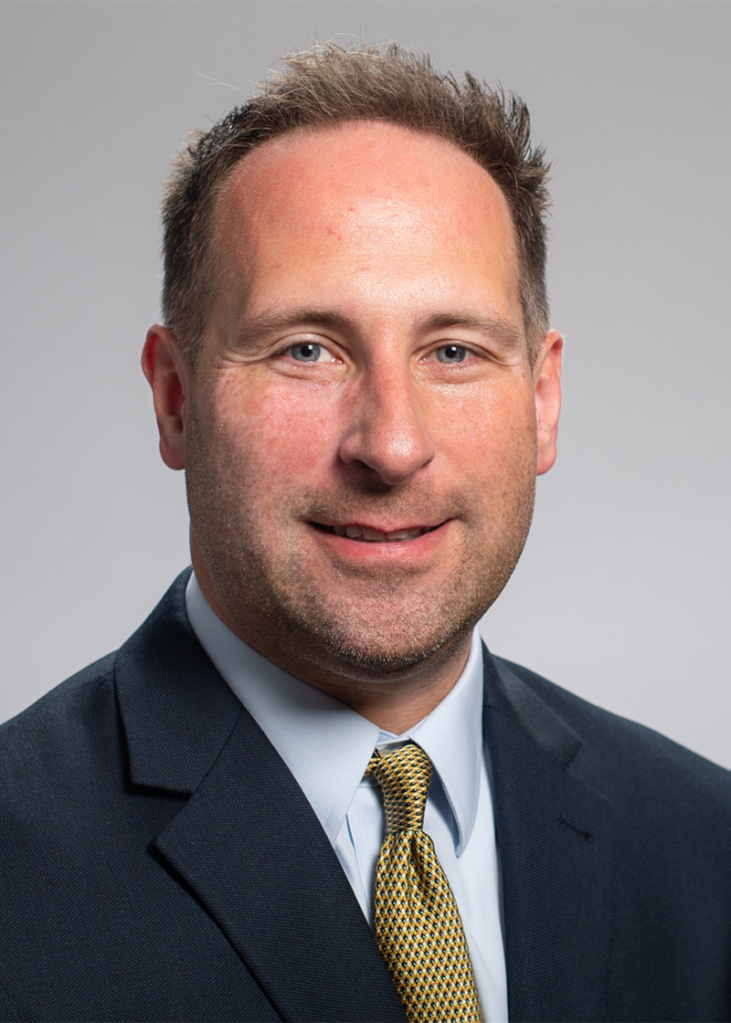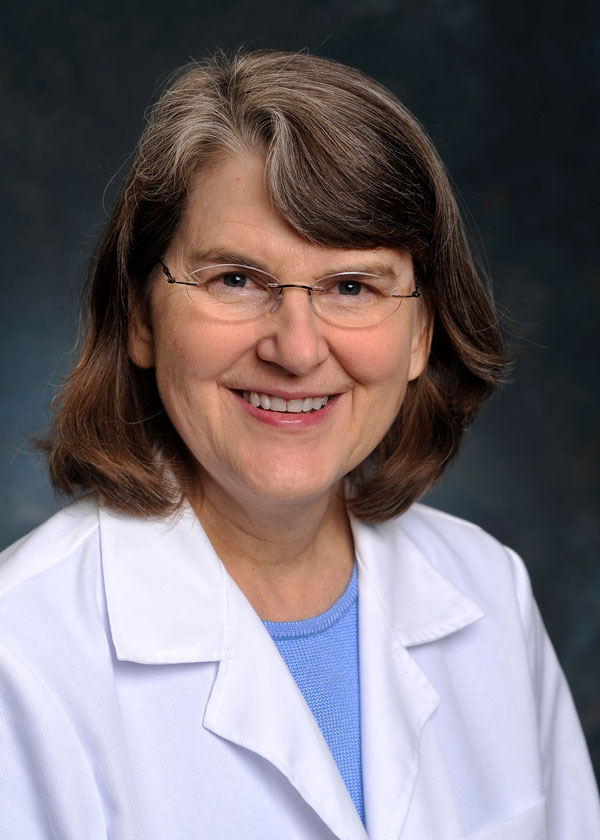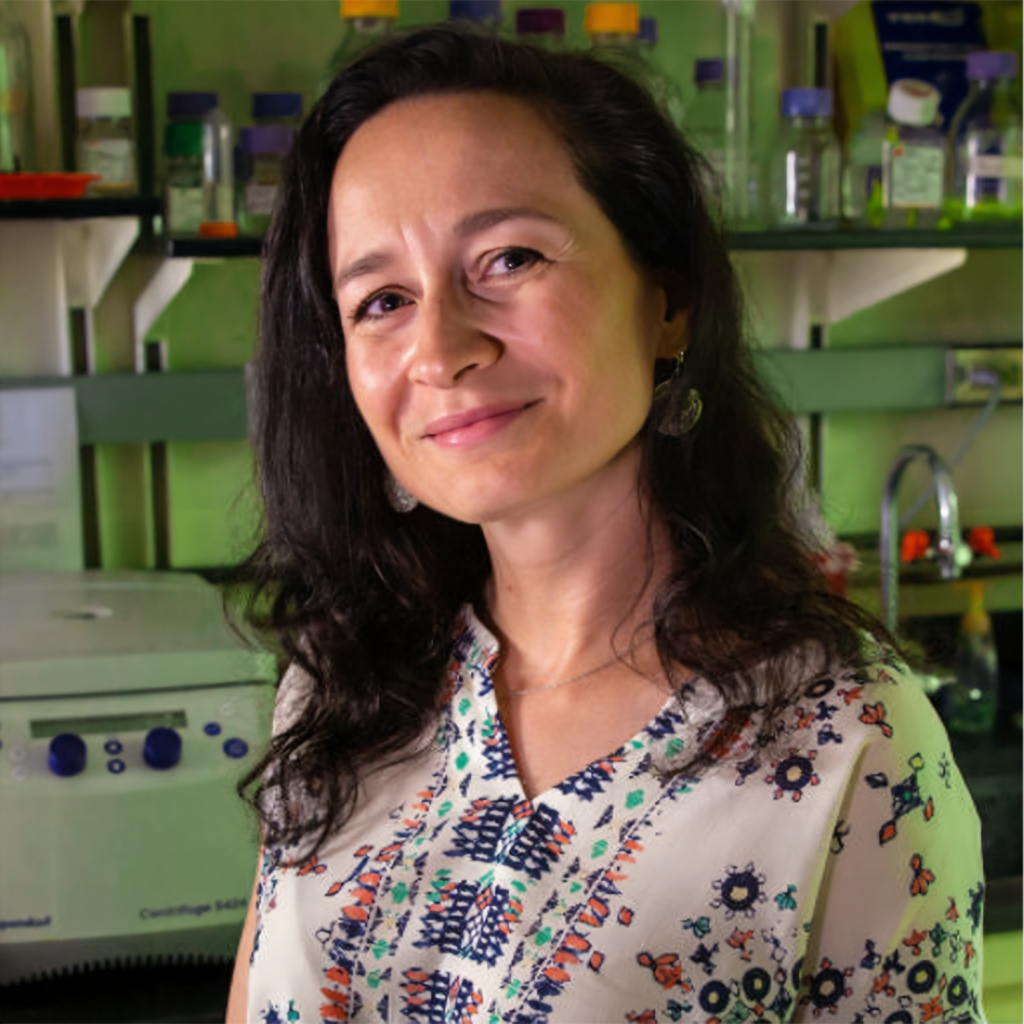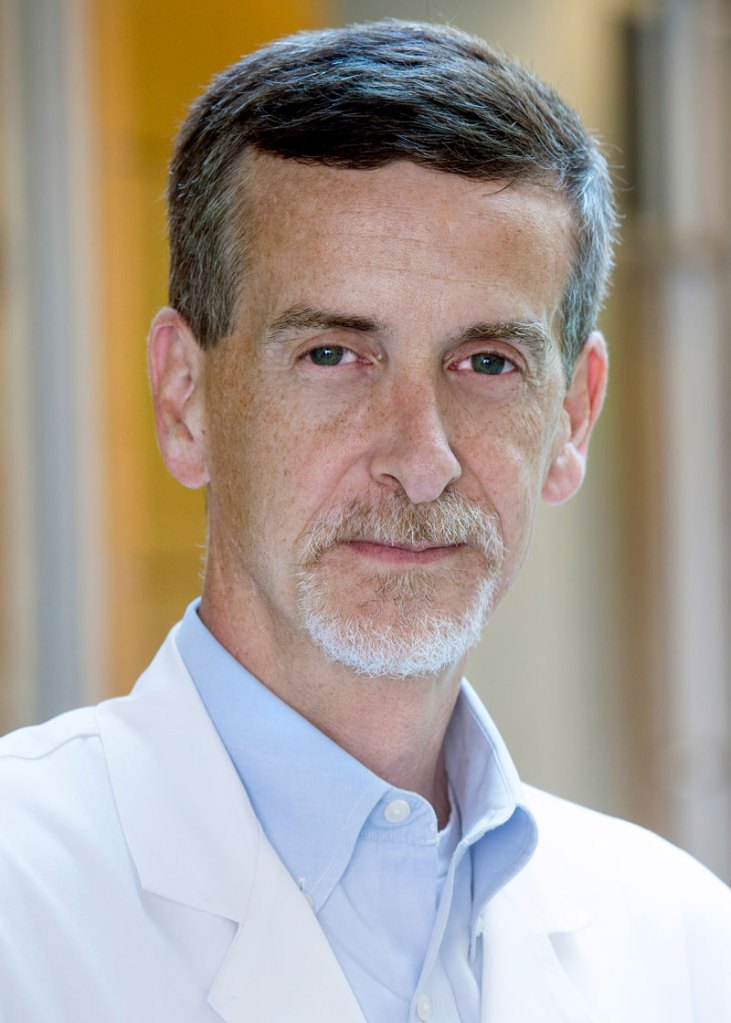Research Programs
The O’Neal Comprehensive Cancer Center at UAB is internationally recognized as a leader in the field of cancer research. The center’s research programs are organized into three main areas: basic science, translational science, and cancer prevention and control.
Program members work collaboratively within and cross programs on a broad-range of cancer-related topics.
Cancer Biology & Immunology Research Program
The goals of the Cancer Biology & Immunology (CBI) Program are to identify the basic mechanisms governing cancer cell biology and the immune response in order to develop novel therapeutic approaches.
Aims
- Define how metabolism impacts tumor biology and immune cell activity
- Determine how the microenvironment regulates tumor behavior and progression
- Assess how epigenetics and genomic instability influence tumor and immune cell function
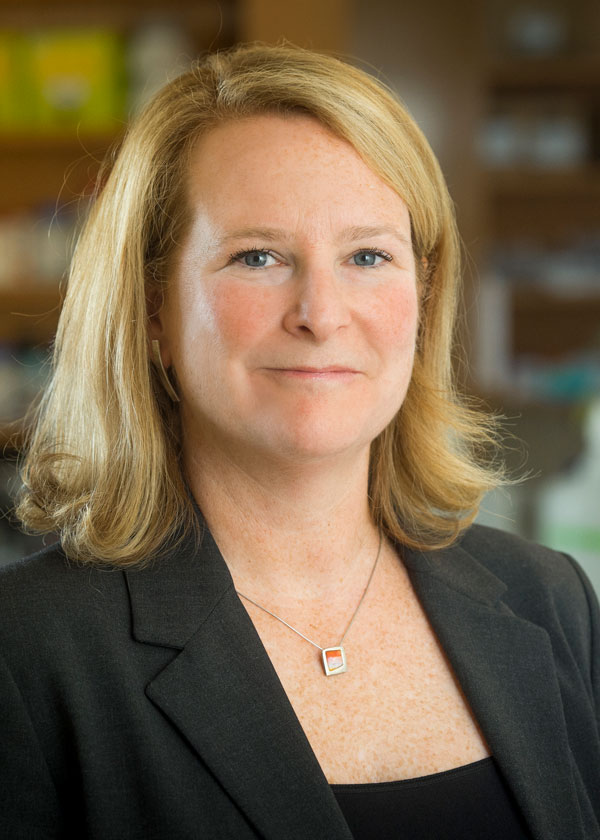 Elizabeth Brown, Ph.D, MPH
Program Co-Leader
Elizabeth Brown, Ph.D, MPH
Program Co-Leader
Cancer Control & Population Sciences Research Program
The goals of the Cancer Control & Population Sciences (CCPS) Program are to reduce the burden of cancer through hypothesis-driven observational and interventional research that spans the bench-to-bedside-to-community at large and targets all stages of neoplasia, from primary, secondary and tertiary prevention, through to end-of-life care.
Aims
- Study the impact of body weight status and factors that influence energy balance on cancer risk and outcomes
- Identify host and environmental factors that affect cancer risk through epidemiologic, genomic and cancer research and develop approaches for risk reduction, early detection and treatment of cancer
- Determine factors that influence cancer-related outcomes and develop behavioral interventions to reduce cancer risk and progression, and improve quality of life in cancer survivors
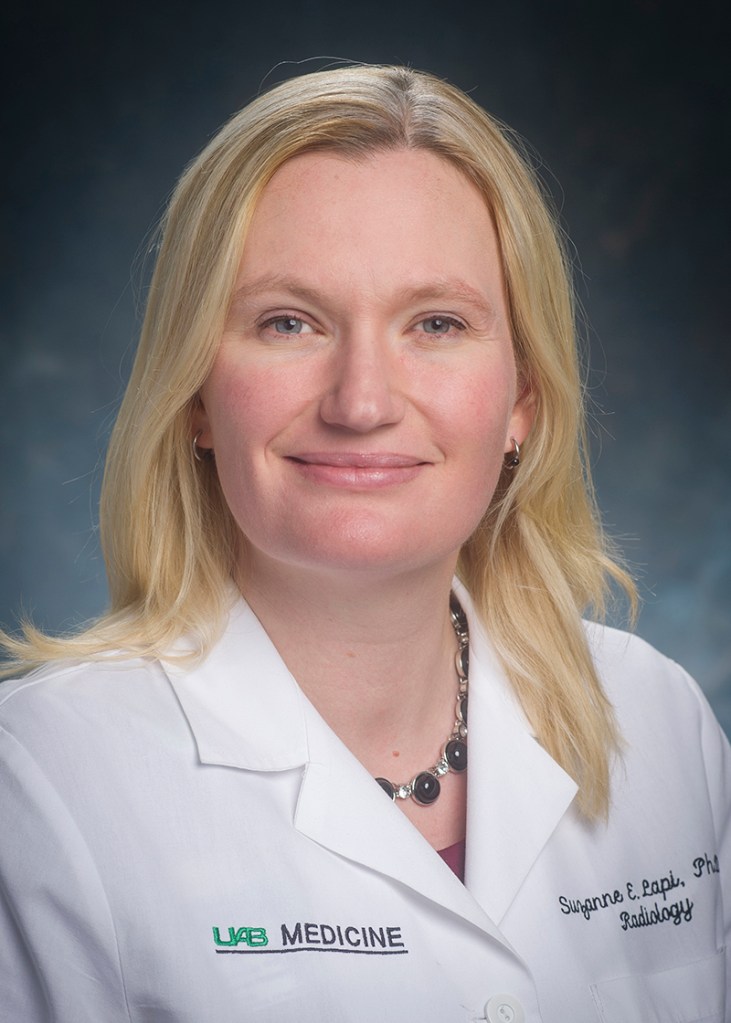 Suzanne E. Lapi, Ph.D.
Program Co-Leader
Suzanne E. Lapi, Ph.D.
Program Co-Leader
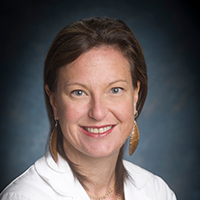 Rebecca Arend, M.D.
Program Co-Leader
Rebecca Arend, M.D.
Program Co-Leader
Experimental Therapeutics Research Program
The goals of the Experimental Therapeutics (ET) Program are to develop novel imaging, cancer prevention and therapeutic strategies that provide cancer patients with an opportunity for cure, enhanced survival time, slowed disease progression and improved quality of life.
Aims
- Develop and implement translational imaging, cancer prevention and therapeutic clinical trials and research within the O’Neal Comprehensive Cancer Center, involving faculty collaboration across oncology disciplines
- Discover and utilize biomarkers that can aid in the prevention, diagnosis, and treatment of cancer, determination of prognosis of different cancers, prediction of therapeutic response and selection of specific patient populations most likely to benefit from various treatments
- Develop novel imaging technology that can be integrated into pre-clinical and translational clinical studies to enhance analysis of cancer prevention and therapeutic effects
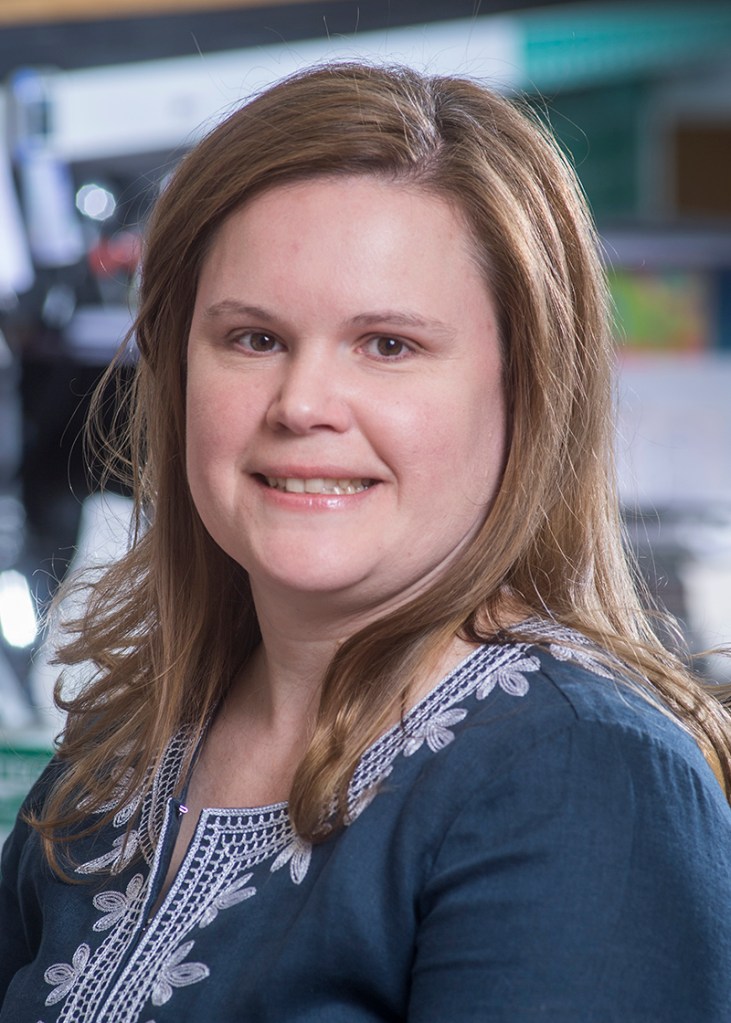 Anita Hjelmeland, Ph.D.
Program Co-Leader
Anita Hjelmeland, Ph.D.
Program Co-Leader
Neuro-Oncology Research Program
The mission of the UAB Comprehensive Cancer Center Neuro-Oncology (NO) Program is improve treatment options and therapies for adult and pediatric brain cancer patients through multidisciplinary, translational research.
Aims
- Examine the cellular and molecular biology of human neuroglial tumors and their resultant cellular behaviors responsible for morbidity and mortality in patients
- Incorporate basic science observations of neuroglial tumor biology into translational research that can directly lead to development of new diagnostic, prognostic or therapeutic clinical protocols for primary, recurrent or metastatic brain tumors
- Provide the highest level of clinical care for patients with nervous system cancers and conduct innovative, investigator-initiated clinical trials in neuro-oncology
- Serve patients in our region and identify and address differences in the behavior of therapeutic responsiveness of primary neuroglial tumors in African American patients
- Educate physicians and scientists interested in brain tumor biology and treatment





